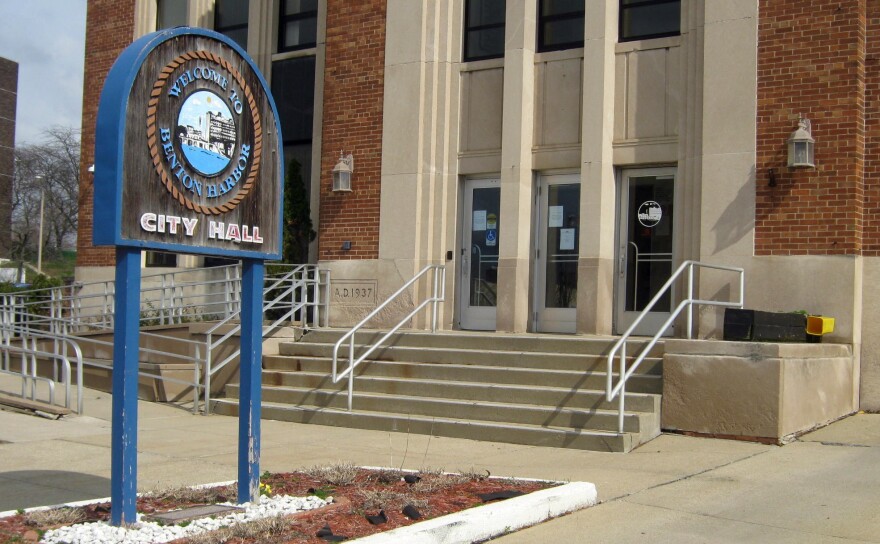A lawsuit over lead-tainted drinking water in the southwest Michigan city of Benton Harbor is back on the table — partially — after a ruling this week by a federal court.
The U.S. Court of Appeals for the 6th Circuit ruled that the city of Benton Harbor and its officials can be sued over the lead-contaminated water crisis, but state officials originally named in the suit cannot.
The case centers on the claims of hundreds of Benton Harbor children who drank contaminated water for years.
The court found that the claims against the city could go forward because they likely represent a constitutional violation. The children, through their lawyer, say the city violated their constitutional right to bodily integrity by knowingly exposing them to life-threatening substances without their consent.
Melanie Daly, a partner at Levy Konigsberg representing the plaintiffs, said the effects can be worse than people know.
"As a result of being exposed to lead in these formative years, children can suffer cognitive deficits, behavioral deficits, educational delays, mood disorders, and a number of other serious mental and emotional injuries," she said. "And the thing about lead is that it's extremely dangerous. These injuries can actually get worse with time."
The court found that allegations against the state officials who were named in the suit amounted to negligence or poor decision-making, not a constitutional violation.
City officials, however, face more serious claims.
"At the end of the day, the water in Benton Harbor was not safe. It was far from safe and the citizens of Benton Harbor should have been told that immediately," Daly said. "We're looking forward for our day in court standing beside the families of Benton Harbor."
Attorneys for the city officials have said their actions didn't rise to the level of negligence claimed by the plaintiffs, and that there's no constitutional right to clean drinking water.





